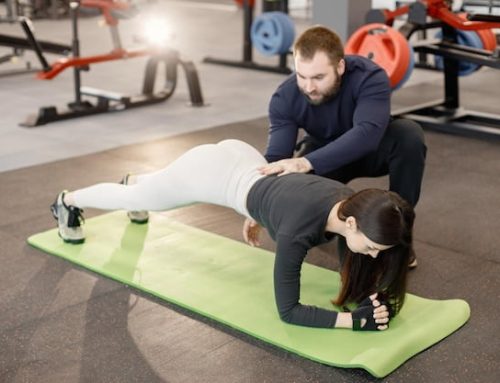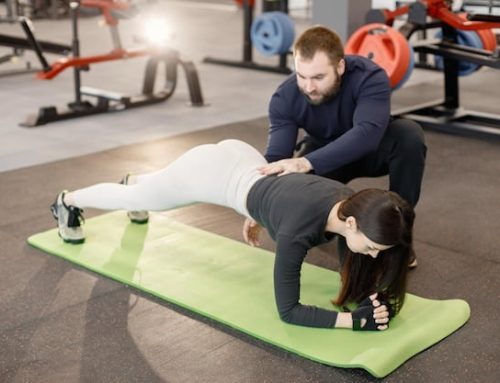The Hardest Training in Sports: Breaking Down Sports-Specific Training
When it comes to sports, training is an essential component of success. However, not all training is created equal. Some athletes find certain types of training particularly challenging, depending on the sport they play. In this article, we’ll explore various types of sports-specific training and identify which is the hardest.
Strength Training
Strength training involves lifting weights or performing other exercises that help build muscle mass and improve overall strength. This type of training is particularly important for athletes who need to be able to generate force quickly, such as football players or swimmers.
While strength training can be challenging, particularly for beginners, it is not necessarily the hardest type of sports-specific training. With proper guidance and a gradual increase in weight, athletes can see improvements in their strength relatively quickly.
Endurance Training
Endurance training involves activities that improve cardiovascular health and increase stamina. Marathon runners, cyclists, and soccer players are just a few examples of athletes who would benefit from endurance training.
Endurance training can be particularly challenging, as it requires an athlete to push through physical fatigue and mental exhaustion. However, with consistent training and proper nutrition, athletes can improve their endurance over time.
Agility Training
Agility training involves exercises that help athletes develop quick, precise movements, such as jumping, dodging, and changing direction. Football players, basketball players, and tennis players all require agility to be successful in their sport.
Agility training can be extremely challenging, as it requires a high level of coordination and control. However, with consistent practice and the help of a skilled coach, athletes can improve their agility and become more effective on the field or court.
Balance Training
Balance training involves exercises that help athletes develop better balance and stability, such as standing on one leg or using a stability ball. Balance is important for athletes who need to maintain control during fast movements or changes in direction, such as figure skaters or gymnasts.
While balance training may seem easy, it can actually be quite difficult, particularly for athletes who are new to the exercises. It requires a great deal of focus and control, and progress can be slow. However, with consistent practice, athletes can improve their balance and become more successful in their sport.
Speed Training
Speed training involves exercises that help athletes develop faster movements, such as sprinting or jump training. Speed is important for athletes who need to be able to move quickly and explosively, such as track and field athletes or football players.
Speed training can be extremely challenging, as it requires a high level of physical exertion and can be hard on the body. However, with proper training and recovery, athletes can see improvements in their speed relatively quickly.
Flexibility Training
Flexibility training involves exercises that help athletes improve their range of motion and prevent injuries, such as stretching or yoga. Flexibility is important for athletes in a variety of sports, from ballet dancers to basketball players.
While flexibility training may seem easy, it can actually be quite challenging, particularly for athletes who are not naturally flexible. It requires a great deal of patience and consistency, and progress can be slow. However, with consistent practice, athletes can improve their flexibility and become more successful in their sport.
Conclusion
So, which type of sports-specific training is the hardest? The answer is that it depends on the athlete and the sport. Each type of training has its own unique challenges, and each requires a great deal of dedication and hard work.
What’s most important is that athletes find a training program that works for them and that they enjoy. With consistent practice and the help of a skilled coach, athletes can improve their skills and become more successful in their sport.






